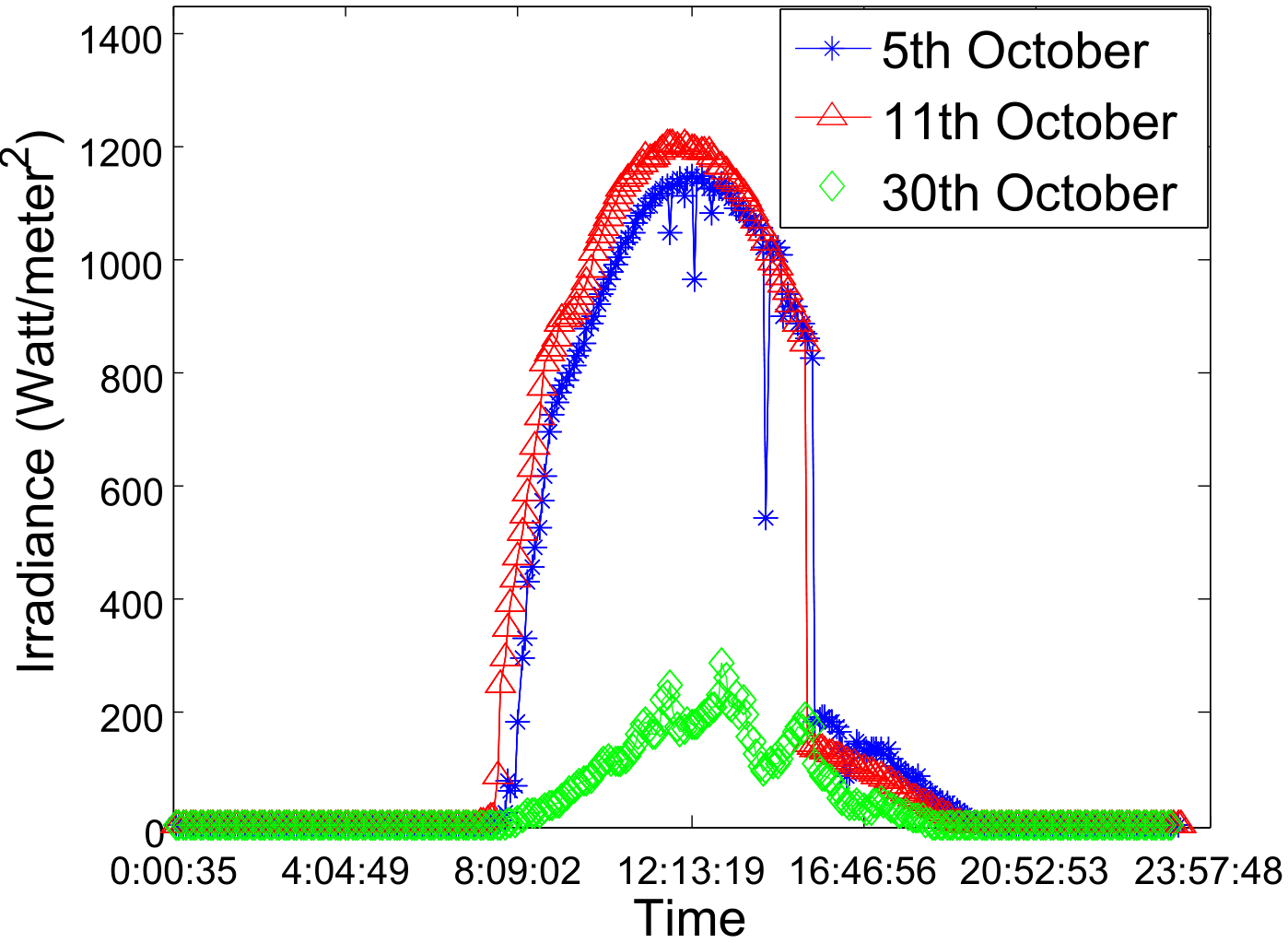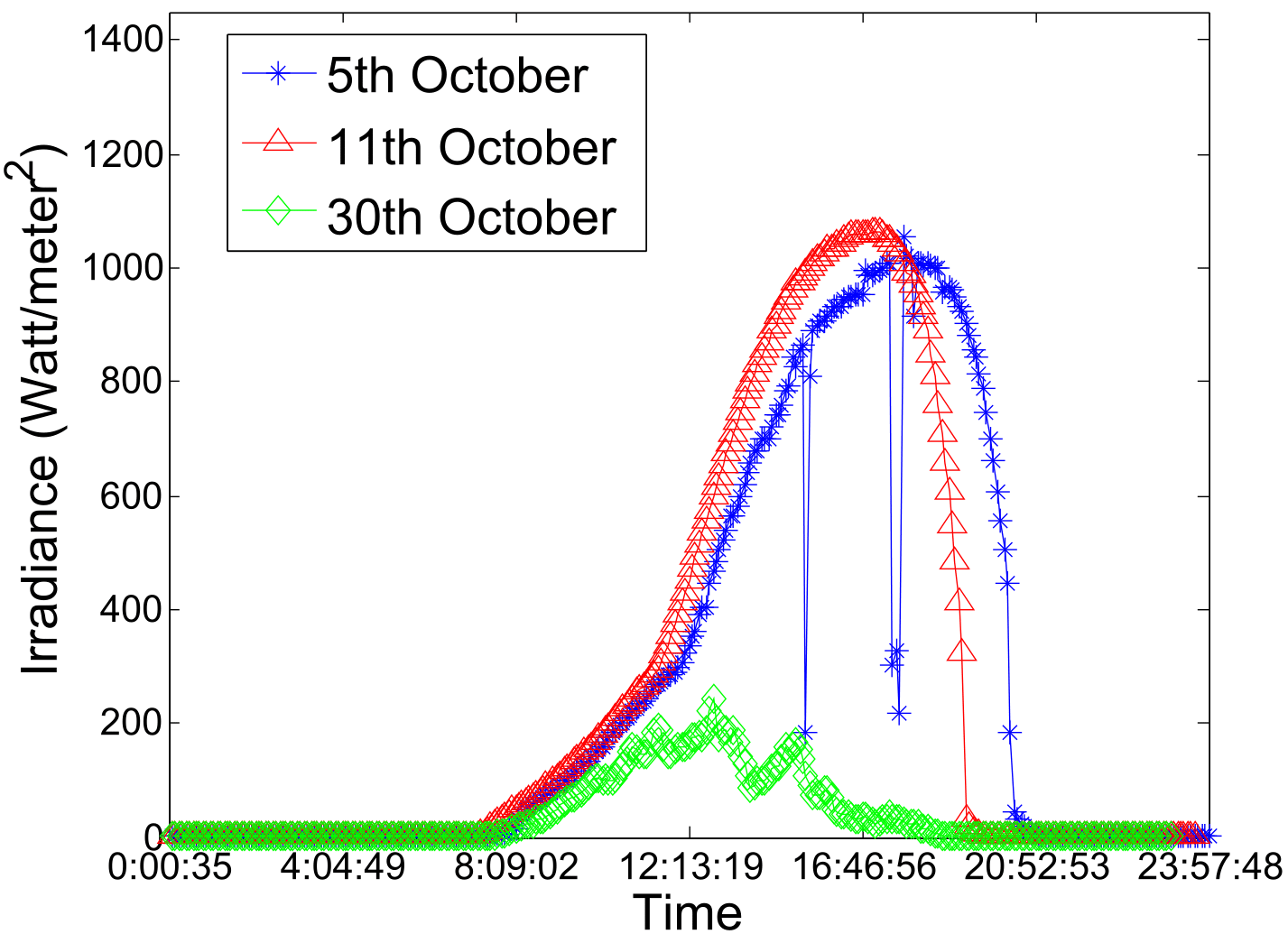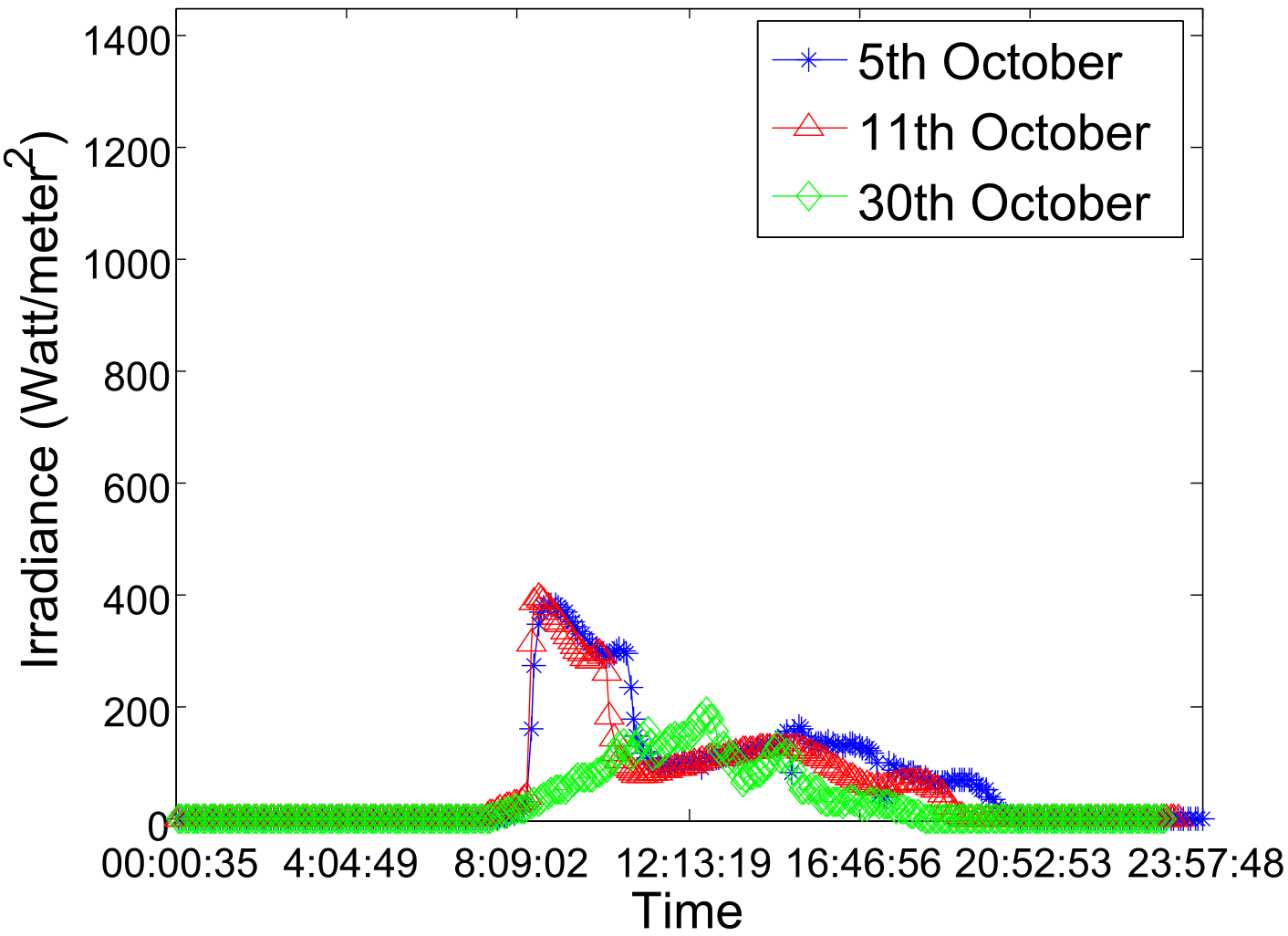Fig. 1: Node Deployment in 122 node ParaDiseNet


This research is part of a collaborative research project with the Electric Power Research Institute (EPRI) to design and deploy rechargeable WSNs for a number of monitoring applications in power generation stations and substations (shown in Fig. 1). Development of effective solutions for energy harvesting from renewable resources is gaining increasing importance for achieving long term reliable operations of such wireless sensor networks. This includes energy from sunlight, vibrations, heat, magnetic field, and others. All of these sources produce the spatial and temporal variations that is the focus of this work. Our work mainly focuses on solar energy harvesting. We assume a large scale WSN that comprises of sensor nodes that are placed randomly in a given geographic area for a given monitoring application such as environmental monitoring or structural monitoring. Due to the random node placements, some nodes may be located in shadows whereas some may be receiving extended sunlight. In addition, nodes have different orientations, that affect the amount of irradiance collected by the solar panels. With the change in weather, the sun's orientation and amount of solar power intake changes as well. This brings new challenges for developing schemes considering the spatio-temporal characteristics of the harvesting technique, which is depicted in Fig. 2.



We consider large-scale WSNs for data collection applications, where implementation of network-wide time synchronization is a significant challenge. Hence, it is difficult to apply synchronized duty cycling and scheduled transmissions in such networks, which are critical for avoiding energy wastage from overhearing. The complexity of this energy optimization problem in sensor networks arises due to the fact that it has to be addressed by network wide adaptations as opposed to independent adaptations at the nodes. The objective of this research is to design networking protocols that control the energy consumption at the nodes to adapt to such spatial and temporal variations of energy resources. Key components of this research include (a) the development of energy availability models for rechargeable networks which involves energy source prediction and energy storage modeling, and (b) the development of adaptive networking protocols that allow variable energy consumption where we have explored joint power control and routing protocols, multi-channel routing protocols, adaptive duty-cycling, and event-based sampling schemes. The adaptive schemes have also been tested and validated on real testbed using MICAz sensor motes.
The Tinyos codes are available in github (https://github.com/Amitangshu/MultiChannel_PowerControl_for_Sensor_Networks).
Related Publications: